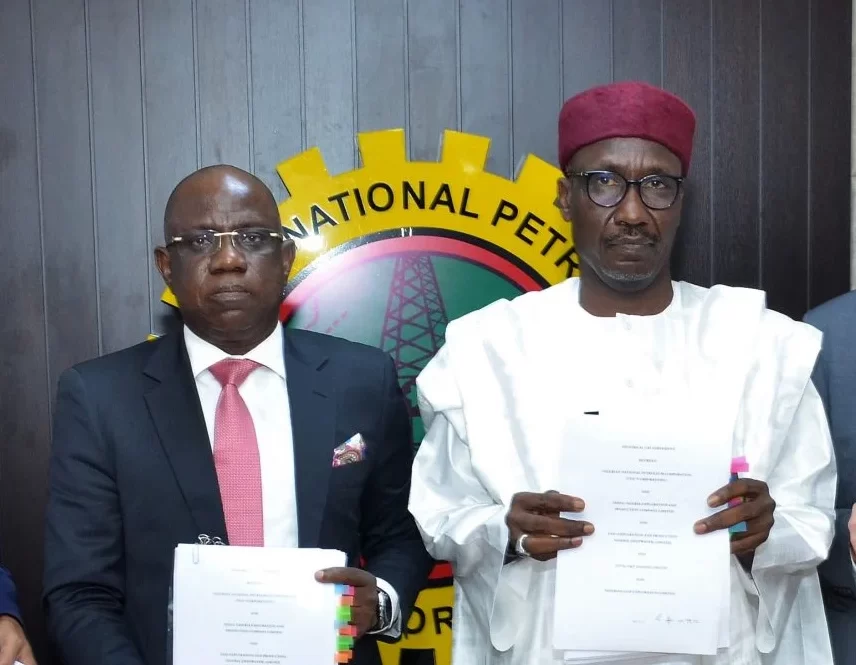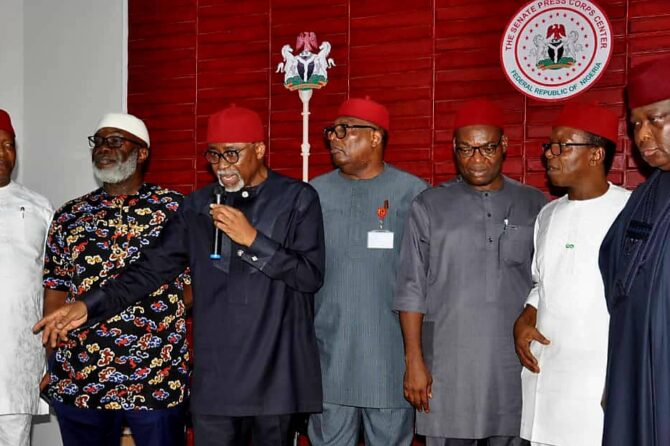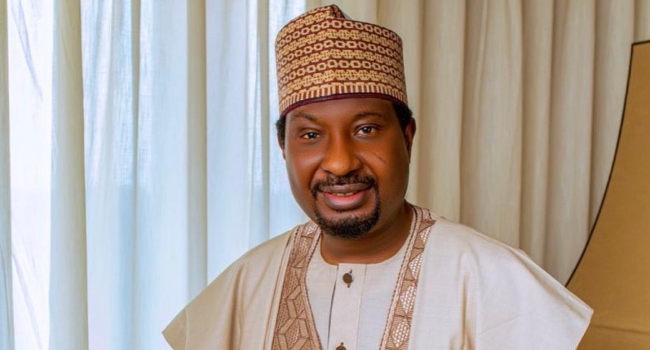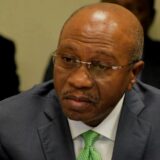NNPC’s New Boss Takes Charge
On April 8, 2025, Nigeria’s oil sector witnessed a seismic shift as the Nigerian National Petroleum Corporation (NNPC) replaced its Group CEO, Mele Kyari, with Bayo Ojulari, a move that’s set tongues wagging from Lagos to Abuja. This isn’t just a routine swap—it’s a bold signal of change in a nation where oil is king, and the stakes couldn’t be higher.
The Fall of a Titan: Mele Kyari’s Exit
Mele Kyari, who steered NNPC since 2019, was no stranger to controversy. Under his watch, the corporation transitioned to a profit-making entity in 2021, a feat hailed as historic. But whispers of mismanagement and fuel subsidy scandals dogged his tenure. Sources close to the presidency say his ousting was “long overdue,” with insiders pointing to pressure from President Tinubu’s administration to shake up an oil sector plagued by inefficiencies. Kyari’s departure ends a six-year reign that polarized opinions—hero to some, scapegoat to others.
Enter Bayo Ojulari: The New Oil Czar
Bayo Ojulari steps in with a reputation as a technocrat’s technocrat. Formerly a top executive at Shell Nigeria, Ojulari brings decades of industry experience and a no-nonsense approach. His appointment, announced abruptly on April 7, 2025, caught many off guard. “This is a man who knows oil like the back of his hand,” said energy analyst Tunde Bakare. But can he navigate Nigeria’s murky political waters? Ojulari’s first test: tackling the recent petrol price hike to N950 per litre in Abuja, a decision made under Kyari that’s left citizens fuming.
Fuel Prices and Fury: The Public Reacts
The timing couldn’t be worse—or more telling. Just days before the shake-up, NNPC jacked up fuel prices, sparking protests in major cities. In Lagos, traders shut markets, while Abuja’s streets buzzed with chants of “Kyari must go!” Now, with Ojulari at the helm, Nigerians are watching. “If he can’t fix this mess, we’re done for,” said Aisha Mohammed, a taxi driver in Kano. Social media’s ablaze too—#NNPCShakeUp trended with over 200,000 mentions on X within hours, blending hope with skepticism.
What’s Next for Nigeria’s Oil Empire?
This isn’t just about one man replacing another; it’s a litmus test for Tinubu’s economic vision. The NNPC, which accounts for over 90% of Nigeria’s foreign exchange earnings, is under global scrutiny as oil prices wobble and U.S. tariffs loom. Ojulari’s mandate seems clear: streamline operations, boost transparency, and calm a restless populace. Yet, analysts warn of resistance from entrenched interests. “The cabals won’t go quietly,” noted economist Funmi Adebayo. As Nigeria’s oil giant pivots, the world—and its people—wait to see if this shake-up is a game-changer or just another shuffle.

















